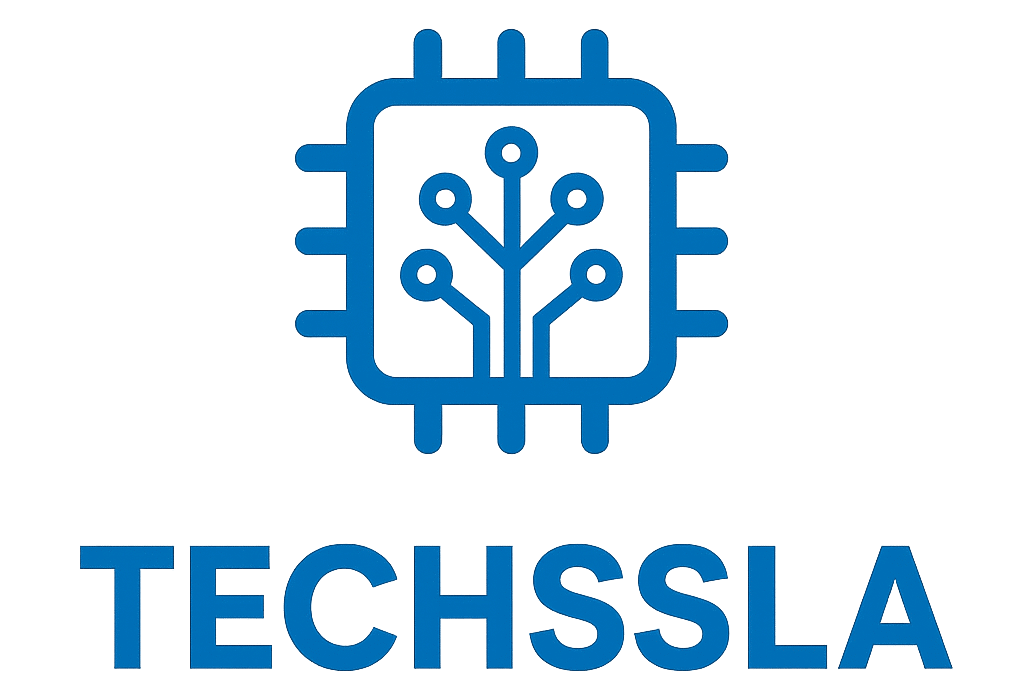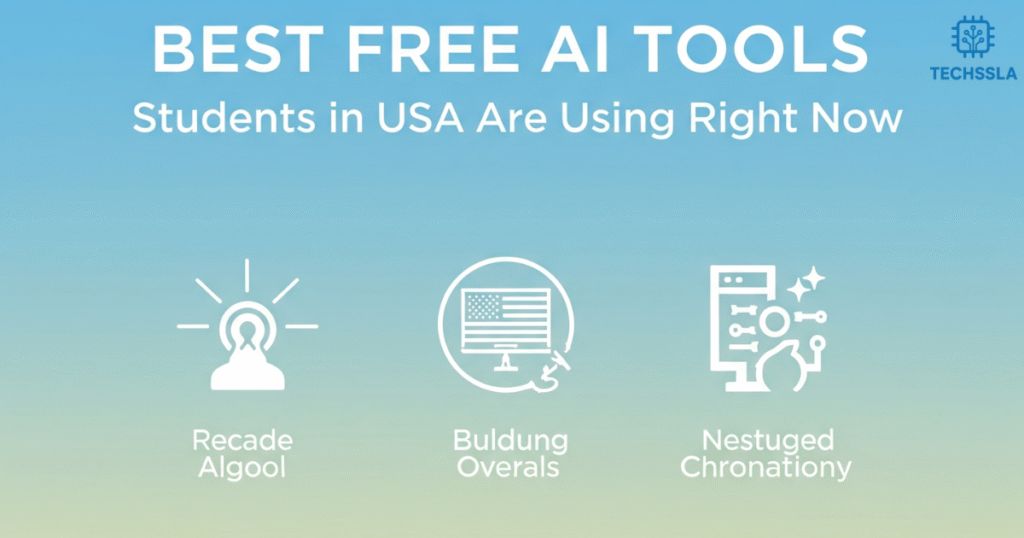Education is changing faster than ever, and we can all agree that students need smarter ways to learn. That’s where Artificial Intelligence comes in. By blending technology with learning, AI-powered learning tools are giving students new ways to study, practice, and succeed. Imagine classrooms with Chromebooks in classrooms, research supported by Deep Research by Gemini, or creative projects built using the Veo 3 AI video tool.
These innovations are not just trends; they are shaping the future of knowledge. In this article, we’ll explore what Artificial Intelligence in Education really means and how it impacts students, teachers, and AI resources for universities across the USA. With the rise of ChatGPT Prompts, earning for students, learning and side hustles have become more efficient
Why Students Need AI Tools in 2025
Students face more information and pressure than ever before. This is why AI tools for college students are becoming essential in the USA. With platforms like NotebookLM for students and Veo 3 AI video tool, learners can process knowledge in a more engaging and effective way. These tools save time, improve grades, and keep students motivated.
Another reason why students need AI is the future of work. Employers expect graduates to be tech-ready. By supporting students with training, AI tools ensure that learners gain the digital skills they need. They help in preparing students for future jobs, making them stand out in competitive markets.
How We Selected These AI Tools
Choosing the best AI tools requires careful research. We considered tools that are popular in the USA, easy to use, and affordable. Free versions are important, so we focused on free AI tools for students that offer maximum benefits. The Google AI Pro plan 2025 stands out because it combines multiple learning features into one package.
We also looked at how tools fit into real learning environments. From LearnLM (Google learning model), designed for classrooms, to Deep Research by Gemini for advanced study, each tool was tested for its usefulness. Our aim was not only to make AI tools free but also to ensure they provide real value.
19 Best AI Tools for Students At a Glance
Here is a quick overview of the most powerful AI tools used in schools and universities. These are shaping American higher education and AI in 2025.
| AI Tool | Main Use | Free / Paid | Highlight Feature |
| ChatGPT | Homework help, writing | Free / Paid | Personalized explanations |
| NotebookLM for students | Organizing ideas | Free | Audio and video summaries |
| Grammarly | Writing, grammar | Free / Paid | Instant error correction |
| Deep Research by Gemini | Research | Paid | Advanced search across sources |
| Veo 3 AI video tool | Creative projects | Free | 8-second video creation |
| Jules AI coding agent | Coding support | Free / Paid | Debugging and coding features |
| Google Career Certificates | Skills training | Free | Job-ready courses |
| Socratic | Test prep | Free | Step-by-step explanations |
This table shows why these are not just AI resources for universities but also personal companions for learners.
Detailed List: 19 Best AI Tools for Students (Mostly FREE)
ChatGPT

ChatGPT is the most popular among AI tools for college students. It helps with homework, brainstorming, and essays. By offering improving understanding, not just answers, it has become the go-to study partner for many.
NotebookLM

NotebookLM for students is a unique AI that organizes ideas, notes, and research into one place. It works like a digital notebook but with smart summaries, access to advanced AI models, and personalized overviews.
Grammarly

Grammarly corrects grammar, spelling, and sentence flow. For AI literacy programs for students, this tool ensures that writing becomes sharper and more professional.
Quizlet

Quizlet creates study flashcards and interactive quizzes. It brings AI-driven Guided Learning into revision and makes exam preparation faster.
Veo 3

The Veo 3 AI video tool allows students to transform text or images into short videos. It is fun, creative, and practical for presentations.
Jules

Jules AI coding agent helps programming students by debugging code and writing new features. It is an example of how expanding AI access globally supports even technical fields.
Gemini

Deep Research by Gemini offers detailed answers by scanning hundreds of sources. It is a powerful study aid that supports serious research in the USA.
Google Career Certificates

Google Career Certificates prepare students with skills for the workplace. They are part of the Google AI for Education Accelerator, which focuses on research funding and education programs.
Benefits of Using AI Tools for Students
AI tools bring clear benefits to American education. They save time on assignments and make studying more efficient. With free AI training for students, learners can easily access smart platforms without financial pressure. These tools also help with creativity, whether it is making videos or designing presentations.
Another benefit is accessibility. AI supports learners with disabilities by offering voice assistance, translations, and interactive visuals. With AI-powered learning tools, everyone gets equal opportunities to learn. It is truly about bringing AI to college students and ensuring no one is left behind.
Free vs Paid AI Tools – Which One Should You Choose?
Free AI tools are perfect for students starting out. They provide basic functions without extra cost. Popular free options include Grammarly and Socratic. For those who want advanced features, the Google AI Pro plan 2025 is a strong choice, offering cloud computing resources for students at scale.
Paid AI tools bring more power and larger limits. For example, Gemini 2.5 Pro features allow deep research and better personalization. The decision depends on personal needs, budget, and the type of study. For many, starting free and upgrading later is the smartest choice.
How to Use AI Tools Effectively in Your Studies
Using AI is not about replacing teachers. It is about AI-driven Guided Learning that supports the classroom. Students should use these tools to brainstorm, draft, and practice rather than copy answers. This way, they keep control of their learning journey.
Teachers also benefit. By supporting students with training, they can integrate AI into projects and assignments. Ethical use is key: AI should always complement learning, not take over it. This balance ensures students are ready for exams and life after graduation.
Future of AI in Education – What to Expect by 2030
The future of AI will bring AI resources for universities that go beyond anything we know today. From LearnLM (Google learning model) to virtual tutors, the USA will see classrooms fully powered by AI. Students will get instant help, personalized schedules, and new ways to collaborate.
However, there are challenges too. Questions about ethics, bias, and data safety must be addressed. The USA is already investing in research funding and education programs to create safe and fair policies. This future of AI in education 2025 and beyond looks both exciting and full of opportunities.
FAQs



